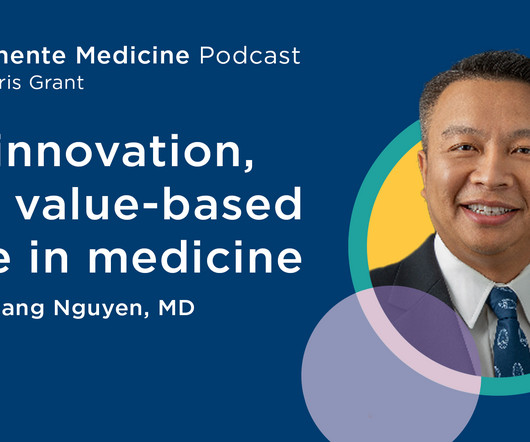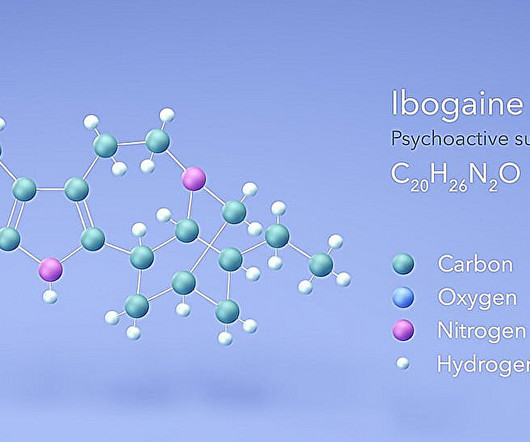Podcast: AI, innovation, and value-based care in medicine
Permanente Medicine
MAY 20, 2025
Although edited for clarity, it should not be considered an exact replication of the podcast and may also be updated as needed. I’m your host, Chris Grant, the Chief Operating Officer of Kaiser Permanente, the Permanente Federation. Our guest for this episode is Dr. Khang Nguyen. Khang Nguyen (01:45): Thank you so much, Chris.












Let's personalize your content